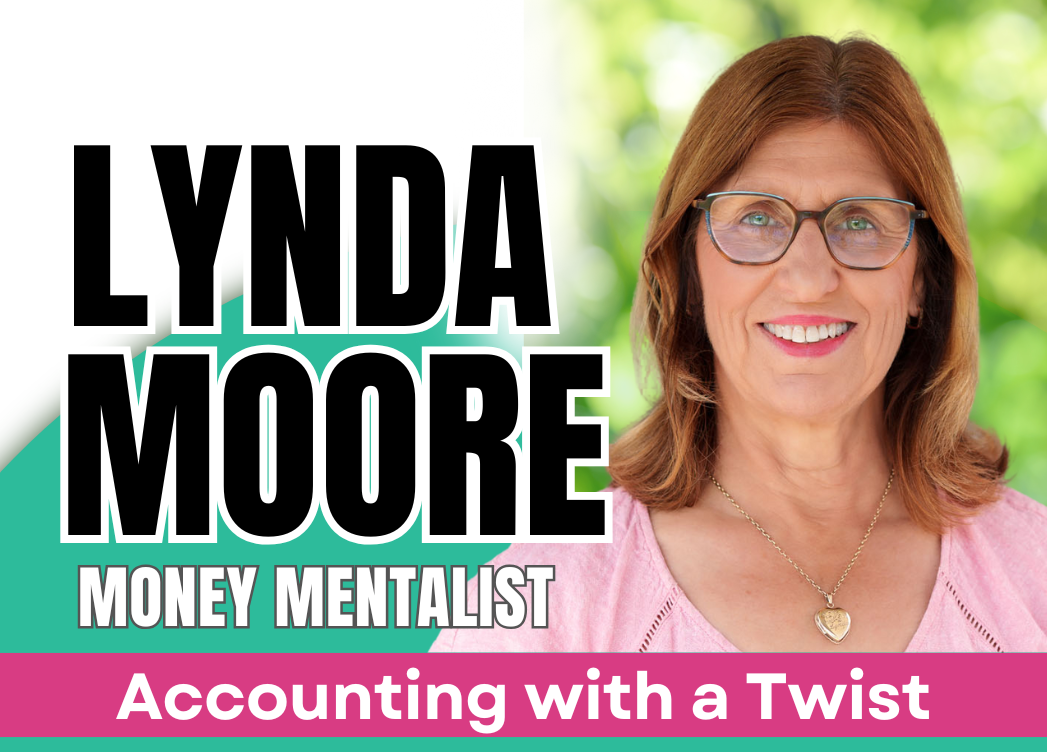
Navigating home ownership: A look here and abroad
A week or so ago, Interest.co.nz published the latest home affordability information (you can read the full article here). It’s great to see there is finally some good news for first home buyers it has been a long time coming.
According to the article, in the lower quartile, (the cheaper end of the market), the selling price was $566,000, on a slightly lower mortgage rate of 6.89%. Another little bit of good news is the estimate for after-tax pay for a young couple both working fulltime, has crept up a little to $2,059 per week.
The article includes a very helpful home affordability table for either a 10% or 20% deposit. As I’m moving to the Tasman region in a couple of weeks, I’ve picked Nelson out of the list of home buying spots for the purpose of this exercise. You need to save $57,000 for a 10% deposit, which will take just under 3 years to achieve. Your mortgage will be $513,000 and your mortgage payment will be $875.00 per week, with after-tax income just under $2,000 your affordability as a % of your income is 44.7%. For our purposes anything over 40% is considered unaffordable. The homeownership dream isn’t looking quite so good.
I know I don’t usually quote statistics or numbers at you, but I just couldn’t help myself in light of another article that popped up on my radar.
Yes, Dave Ramsey, a name synonymous with financial wisdom, has found his real estate advice under the microscope – a recent buzz on social media questions the feasibility of his mortgage recommendations. “Can the average American realistically follow Dave Ramsey’s mortgage advice?” one might wonder, echoing a sentiment prevalent on platforms like Reddit.
Ramsey advocates for purchasing homes outright (WHAT! If it takes 3 years to save a 10% deposit, most of us would be heading towards retirement before we were at the point where we could purchase our first home!) or, if that’s not an option, opting for a conventional, fixed-rate mortgage over 15 years or less, ensuring the monthly payment is at most 25% of your take-home pay. This is considerably lower than the 40% we work on here in NZ. While sound in theory, applying Ramsey’s advice in practice sparks debate.
Let’s dive into the numbers: With US homes’ median price around $402,045 in December 2023 ($164,00 below our cheaper houses) securing a home at this price point – with a 20% down payment – means a mortgage principal of $320,000. At a 6.66% interest rate, (not too far off our interest rates) monthly payments hover around $2,815. To keep costs within the advised 25% of take-home pay, one’s monthly income before taxes should be at least $11,260. This figure starkly contrasts the median household income, pointing to a significant disparity.
If I look at the Nelson figures with a 20% deposit, the affordability comes down to 35.3%, still 10% away from Dave Ramsey’s advice.
Critics argue this advice may seem disconnected from many Americans’ economic realities, especially considering the median household income. The conversation brings to light the challenge of balancing Ramsey’s guidelines with the diverse financial landscapes across the U.S.
I’d like to add our diverse financial landscape in here as well.
Ramsey’s stance remains firm, emphasising the importance of adhering to financial principles, regardless of the market’s state. “You don’t get a pass on math,” he asserts, highlighting the risks of becoming “house poor.” His advice encourages a critical evaluation of one’s financial ability to sustain homeownership in high-cost areas, underscoring the necessity of living within one’s means.
I think this is the main point that Dave Ramsey is making; if you put yourself under additional pressure just to buy a house, is it really a good financial decision? That is what we all need to think about in our own economic environment.
I’m not saying Dave Ramsey is right or wrong, he has he own opinions and he is quite vocal in sharing them. We could also argue that we are a much smaller country with less options and choose about where we live in terms of being able to earn income. And I’m sure you will come up with many other points of difference.
What I do want you to think about is this; at what point does the pressure of having a mortgage and spending, in some cases, more than 50% of your income on your mortgage payments change your home ownership dream into a nightmare?
